Organizations use focus groups to gather customer insight into current or prospective products services or ideas. This is a great approach to data collection because it is social in nature.
Tysza Gandha And Katherine Ryan On Extending The Focus Group Method Aea365
The purpose of this article is to outline the potential advantages and disadvantages of focus groups as a research method.
Purpose of focus groups. Define the expected outcomes. The main purpose of focus group research is to draw upon respondents attitudes feelings beliefs experiences and reactions in a way where other methods are not applicable. The method aims to obtain data from a purposely selected group of individuals rather than from a statistically representative sample of a broader population.
The Purpose and Benefits of Focus Groups. Testing assumptions which helps in generating hypothesis develop concepts and in pilot testing. A focus group usually consists of 5-12 individuals who all possess certain characteristics pertaining to the topic of the group.
Select the Participants and Leader Project Team Select participants based on who will be most impacted by the change. A focus group is also a technique used by sociologists psychologists and researchers in communication studies education political science and public health. They probe the group on critical issues and encourage employees to develop solutions.
The sample type and size of a focus group is determined by the purpose and nature of the study. The design allows for moderators to cover multiple aspects of a concept without going through the time-intensive process of conducting an individualized interview multiple. Focus groups consist of panels that are facilitated by a moderator who meet for a certain time to exchange perspectives knowledge and thoughts on topics.
The main purpose is to provide data to enhance change or create a product or service targeted at a key customer group. Many organizations use focus groups to leverage employee survey results. Focus groups can provide time-saving opportunities.
Information is produced through natural conversation interactions and discussion amongst participants. In this case the moderator helps the group examine and discuss survey trends and findings. The major purposes of a focus group include.
Focus groups are often used as a tool to improve employee engagement. Providing increased understanding or clarity on issues including previously obtained qualitative and quantitative data results. A moderator or interviewer facilitates the discussion and creates an environment that promotes the communication of different perceptions and points of view.
The above example targeted improving the experience of parents of sick children. The script is a guide for the facilitator to explain to individuals the purpose of the group review the focus group rules discussed later in this brief and other information that may be important to provide to the participants. Focus group discussion is frequently used as a qualitative approach to gain an indepth understanding of social issues.
The main purpose of focus group research is to draw upon respondents attitudes feelings beliefs experiences and reactions in a way in which would not be feasible using other methods for example observation one-to-one interviewing or questionnaire surveys. A Focus Group allows the researcher to gather more information in a shorter period of time generally two hours. For example whereas between 10 and 12 people may be appropriate for a commercial topic group 6 to 8.
In the market research field focus groups are a technique used to gain insights from a target audience about their feelings around a specific product or service. The process of focus group interviews is illustrated by the authors own. Focus group research is used to develop or improve products or services.
A focus group provides a condensed structure that makes it much easier to solicit a high number of opinions or feedback. It is used to learn more about opinions on a designated topic and then to guide future action. Verify that focus groups are the best way to gauge employee perceptions.
Clarify the purpose of the focus group. Thus focus groups constitute a research method that researchers organize for the purpose of collecting qualitative data through interactive and directed discussions. Researchers often use purposeful sampling of participants in order to align the focus group with a specific target audience.
A defined objective for the focus groups helps to ensure you gather targeted helpful information. A focus group is a small-group discussion guided by a trained leader. The script helps to support the reliability of the focus groups if.
 An Introduction To Focus Groups Peter Harper Focus Groups Are Group Interviews Focus Group Interviews Are Characterised By Having A Clear Focus Involving Ppt Download
An Introduction To Focus Groups Peter Harper Focus Groups Are Group Interviews Focus Group Interviews Are Characterised By Having A Clear Focus Involving Ppt Download
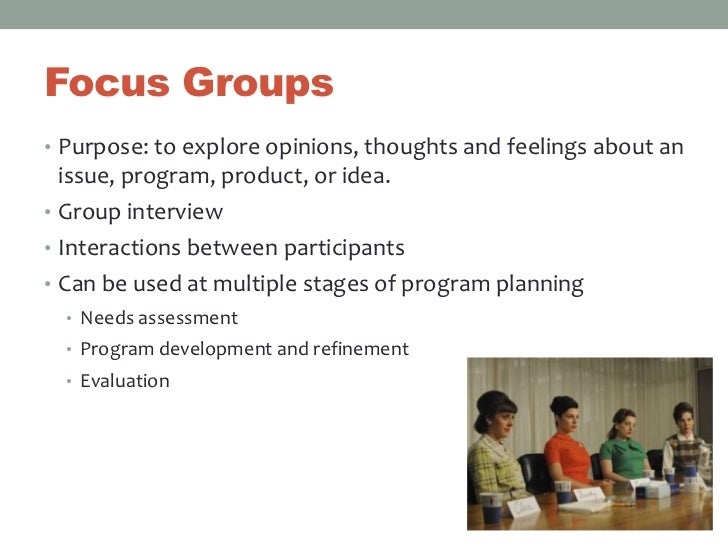 Priester Focus Groups Presentation 2
Priester Focus Groups Presentation 2
 Using Focus Group Discussions In Conservation Research Methods Blog
Using Focus Group Discussions In Conservation Research Methods Blog
 Focus Groups And Purpose Of The Refocusing Stage Of The Interview Download Scientific Diagram
Focus Groups And Purpose Of The Refocusing Stage Of The Interview Download Scientific Diagram
 Copyright 2003 Rbap All Rights Reserved Focus Group Discussion A Group Interview Tool Ppt Download
Copyright 2003 Rbap All Rights Reserved Focus Group Discussion A Group Interview Tool Ppt Download
/what-is-a-market-research-focus-group-2296907-FINAL-2c60eb6a39814a528fc33f625797e2e1.png) Market Research Focus Group What Is It
Market Research Focus Group What Is It
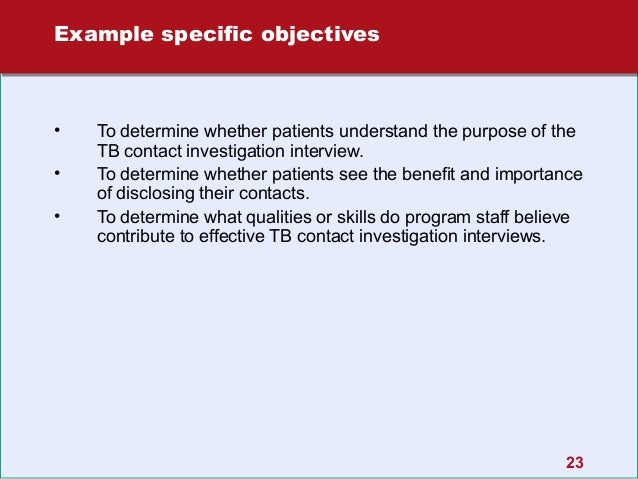 Focus Group Discussions A Step By Step Guide
Focus Group Discussions A Step By Step Guide
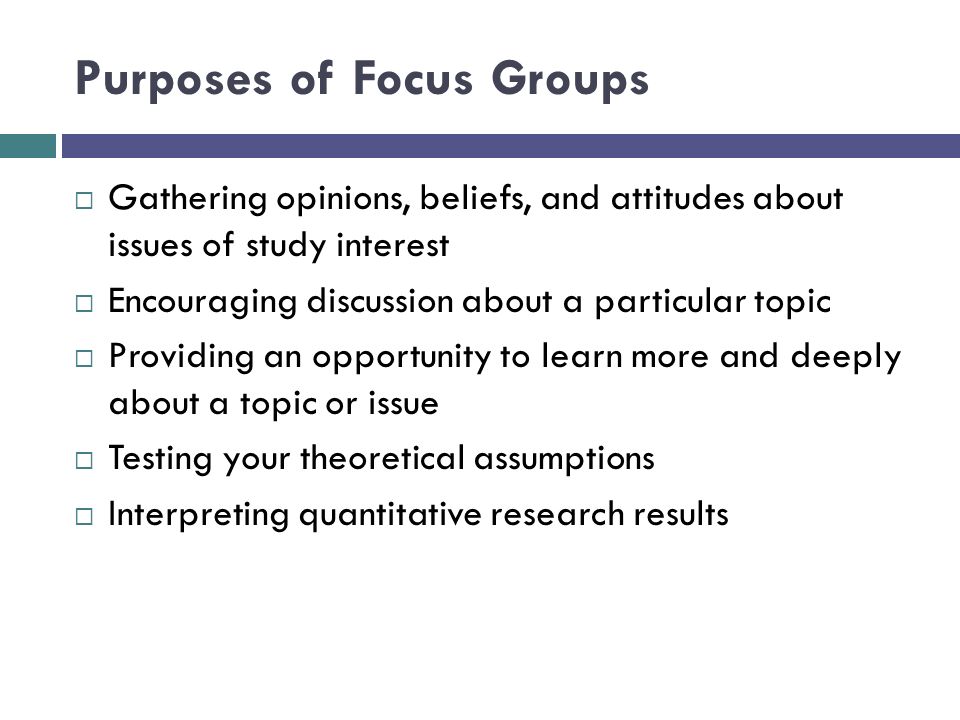 Focus Groups Analysis Of Qualitative Data Ppt Video Online Download
Focus Groups Analysis Of Qualitative Data Ppt Video Online Download
 Methods In Patient Engagement Discussion Focus Groups By Chi Kt Platform Knowledgenudge Medium
Methods In Patient Engagement Discussion Focus Groups By Chi Kt Platform Knowledgenudge Medium

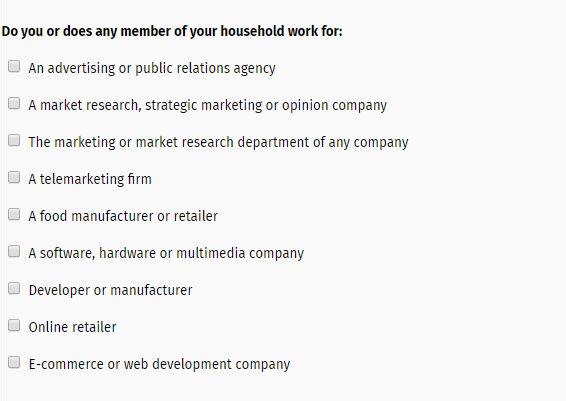 Focus Group Research Focus Group In Qualitative Research Questionpro
Focus Group Research Focus Group In Qualitative Research Questionpro
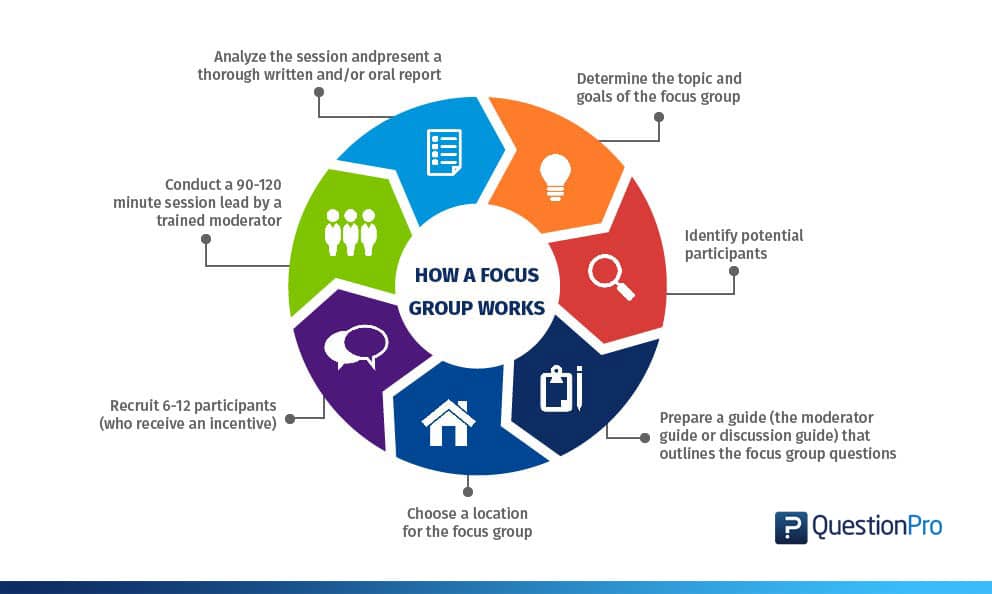 Focus Group Research Focus Group In Qualitative Research Questionpro
Focus Group Research Focus Group In Qualitative Research Questionpro
Focus Groups Tobacco Cessation Program Evaluation Plan
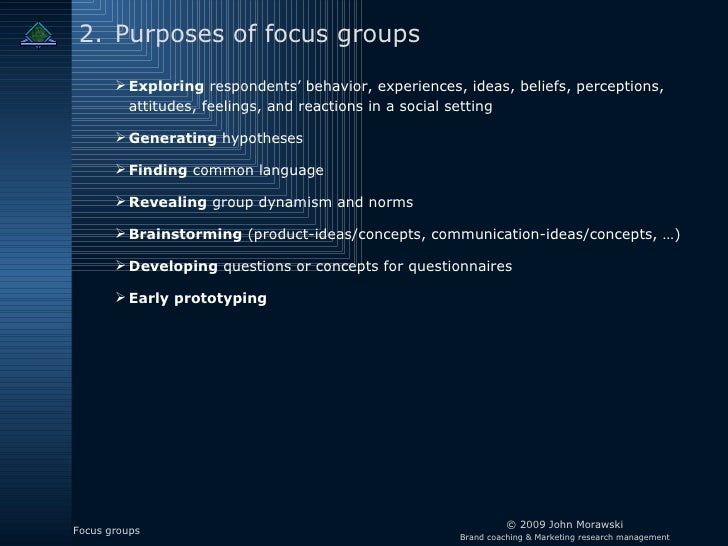
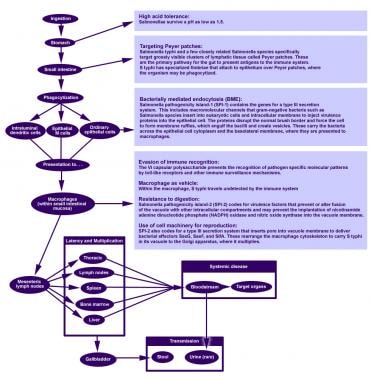
No comments:
Post a Comment
Note: Only a member of this blog may post a comment.